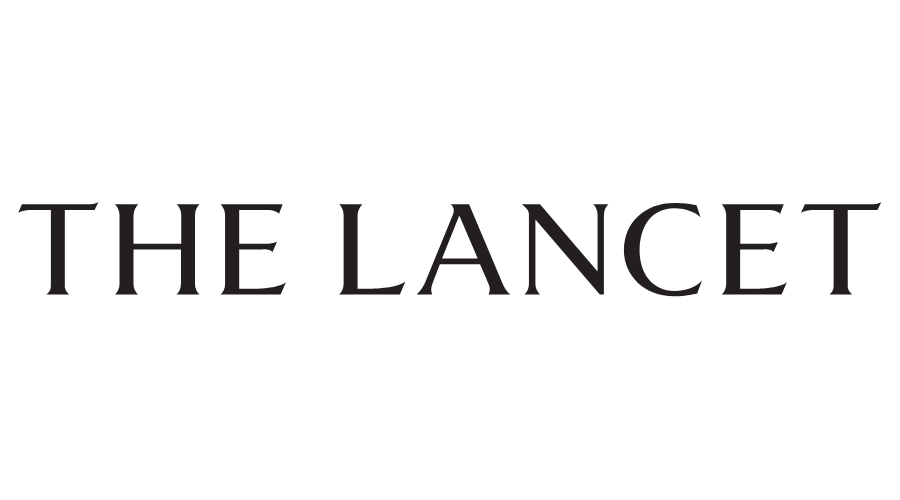In the last couple weeks, Minnesota has been visited periodically by a heavy cloud of haze, courtesy of smoke from wildfires up near Canada, borne south on the wind.
Since hazy air like this is expected all weekend and into next week MinnPost asked Teddie Potter, director of planetary health at the University of Minnesota’s School of Nursing, some questions we’ve been hearing about how to stay healthy on bad air days.
A total of 788 workers building Enbridge’s Line 3 pipeline through the US state of Minnesota have tested positive for COVID-19, according to data obtained by Al Jazeera from the Minnesota Department of Health (MDH).
In November, more than 200 healthcare workers and Indigenous tribal leaders petitioned Governor Tim Walz to issue an emergency stay on construction until after vaccines were widely available. But Walz allowed the project to go ahead.
Brenna Doheny, executive director of Health Professionals for a Healthy Climate, spearheaded the petition to prevent a surge of COVID cases in rural areas, where hospital capacity is severely limited. She called the governor’s decision “disappointing and frustrating” because the state had previously listened to healthcare workers.
Health-care workers often conceptualise addressing the social and structural determinants of health as working upstream.
In response to the racial disparities of the COVID-19 pandemic and the Movement for Black Lives, health systems are acknowledging systemic racism, promoting implicit bias training, and screening for the social determinants of health. Although welcome, these changes will not achieve the social transformation necessary to eliminate health inequities. We must move even further upstream.
Water Protectors, working upstream on the Mississippi River in northern Minnesota, USA, provide a model of what this work entails.
The Minnesota Pollution Control Agency (MPCA) issued an air quality alert last month that air pollution from fine particles would be at dangerous levels for a few days…. Minnesota is having many more of these air-quality-alert days. The alarms are going off for Minnesotans to support the Clean Cars Minnesota rule.
Is the conversation about COVID-19 drowning out discussion of climate change? It may sometimes seem that way, but nine testifiers at a joint meeting Wednesday said issues of public health and climate change go hand in hand.
Advocates and Native tribes, who have fought the proposal for years, have renewed complaints amid a coronavirus surge
Health professionals and northern Minnesota residents pleaded with Gov. Tim Walz to halt construction of Enbridge’s controversial $2.6 billion oil pipeline, saying the project will draw thousands of out-of-state workers who could accelerate the spread of COVID-19.
When people ask me, “What got you interested in climate change?”, I often think back to a newspaper cartoon I saw as a child that’s stuck with me since. The cartoon was of a man chopping the branch that he was sitting on. A concept so simple even a child could grasp: our wellbeing as humans is linked to our planet’s wellbeing.
As scientists who have worked in water resources management, geology, ecosystem assessment, energy systems, and public health, we were shocked at how independent science has been largely ignored in the permit review process.
Vishnu Laalitha Surapaneni, an assistant professor in the University of Minnesota Medical School and Climate Change and Health champion, explains how health repercussions from the changing climate unequally impact certain Minnesota populations and how the COVID-19 pandemic compounds these health harms.








